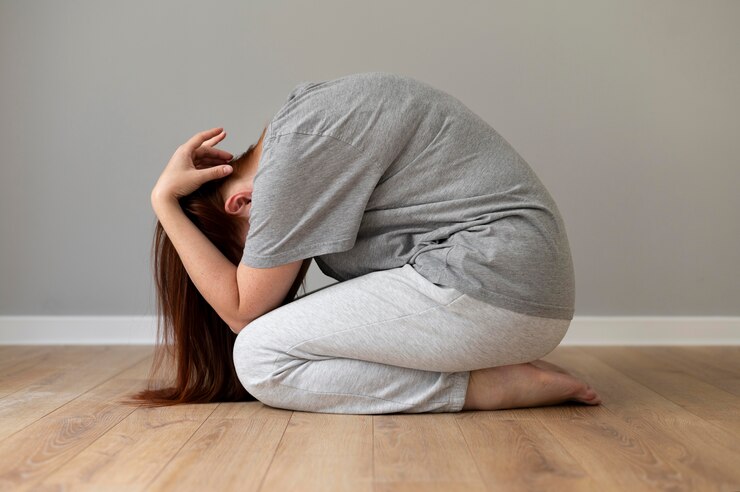Anxiety represents a common emotional state characterized by persistent worry, fear, and apprehension about future events or situations. This natural stress response can significantly impact daily activities, work performance, and personal relationships when unmanaged. While occasional anxiety serves as a normal part of life, chronic or excessive stress may interfere with your ability to function effectively in various situations.
What Are the Types of Anxiety?
Several distinct types of anxiety disorders exist, each with specific characteristics and triggers. Generalized anxiety disorder (GAD) involves excessive worry about everyday situations and events, often without a clear cause. Social anxiety disorder centers on intense fear of social interactions and situations where others might judge you.
Each type presents unique challenges and may require different approaches for management and support. Some other anxiety disorders are:
- Panic Disorder: Defined by recurrent, unexpected panic attacks and an ongoing fear of future episodes.
- Specific Phobias: Involves an irrational, excessive fear of a particular object, situation, or activity, such as heights, spiders, or flying.
- Obsessive-Compulsive Disorder (OCD): Combines intrusive, unwanted thoughts (obsessions) with repetitive behaviors (compulsions) aimed at reducing distress.
- Post-Traumatic Stress Disorder (PTSD): Develops after experiencing or witnessing a traumatic event, leading to symptoms of anxiety, flashbacks, and emotional distress.
- Separation Anxiety Disorder: Excessive fear of being separated from attachment figures, often seen in children but may also occur in adults.
What Are the Physical Symptoms?
Anxiety manifests through numerous physical symptoms that can affect various body systems. Cardiovascular symptoms include rapid heartbeat, chest tightness, and elevated blood pressure. Many people experience shortness of breath, shallow breathing, or feelings of being unable to catch their breath.
Digestive symptoms frequently accompany anxiety, including stomachaches. Skin reactions may occur, like sweating, flushing, or cold, clammy hands. Some individuals even experience dizziness or lightheadedness. Sleep disturbances, including difficulty falling asleep or staying asleep, frequently accompany anxiety.
Muscle tension represents another common physical manifestation, often affecting the shoulders, neck, and back. This tension can lead to headaches and general body aches. Fatigue often results from the body’s prolonged stress response, leaving individuals feeling drained and exhausted.
What Can Treat Physical Symptoms?
Various approaches can help manage the physical symptoms associated with anxiety. Deep breathing exercises help regulate the nervous system and can reduce symptoms like rapid heartbeat and shortness of breath. Regular physical exercise provides numerous benefits for anxiety management, including a reduction of stress hormones.
Sleep and Meditation
Adequate sleep hygiene practices support overall well-being and can help reduce the intensity of physical symptoms. Mindfulness and meditation practices help individuals develop awareness of physical sensations and learn to respond rather than react to anxiety symptoms. Cognitive behavioral techniques teach people to identify and modify thought patterns that contribute to physical symptoms.
Counseling and Lifestyle Changes
Professional therapy options include counseling, cognitive-behavioral therapy, and other evidence-based approaches. Healthcare providers may discuss various treatment options based on individual circumstances and symptom severity. Lifestyle modifications such as limiting caffeine intake, maintaining regular meal schedules, and avoiding alcohol can help reduce the frequency and intensity of physical symptoms.
Schedule an Appointment
If physical symptoms of anxiety interfere with your daily life, work, or relationships, contact a healthcare professional. Mental health specialists, primary care physicians, and counselors can provide comprehensive evaluations and discuss appropriate treatment options. Professional assessment helps determine the most suitable approach for your specific situation and symptoms.

